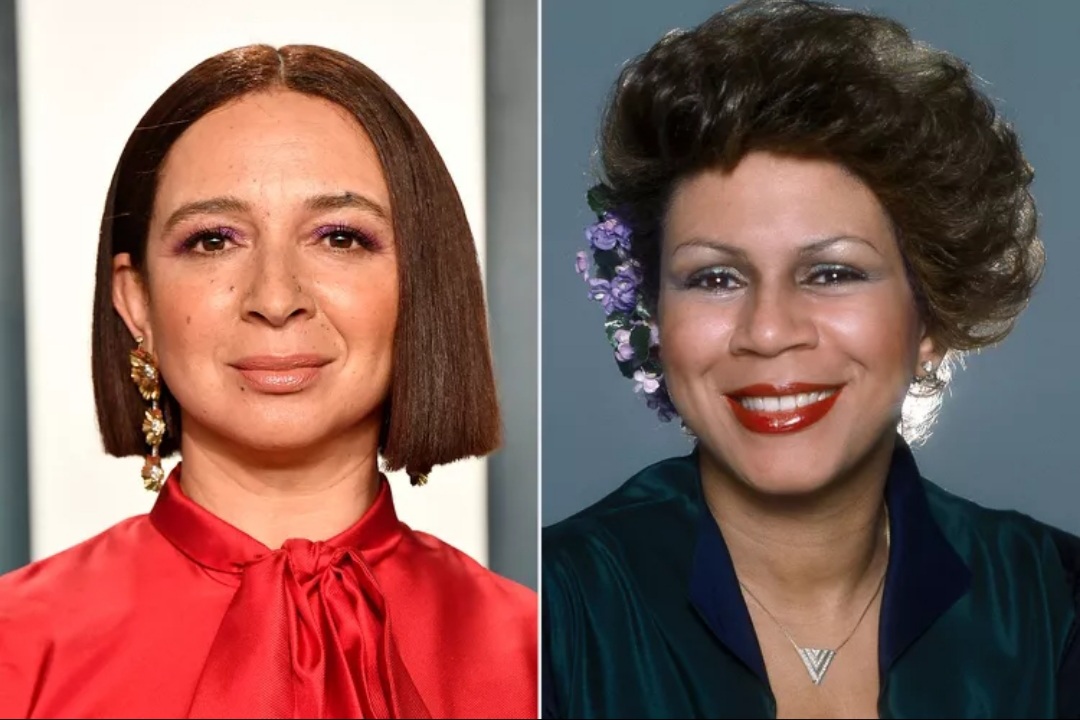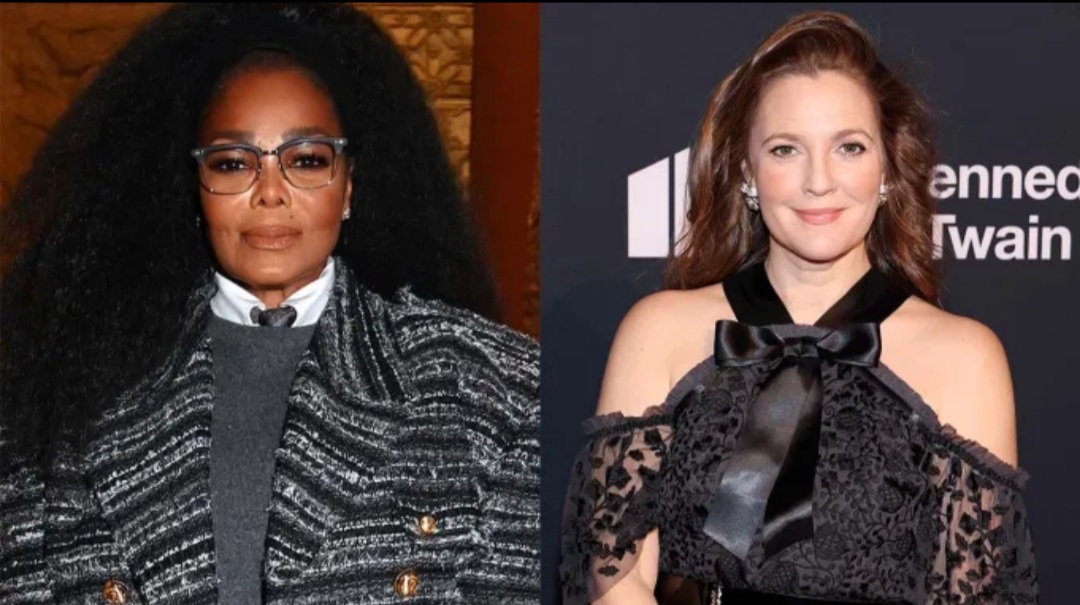
Contributed by Valarie Scruggs
Sacramento’s NAACP was fortunate to have Bryan Stevenson speak this past weekend at the 100 Year anniversary. To learn more about Bryan Stevenson, see his TED talk here: https://www.ted.com/talks/bryan_stevenson_we_need_to_talk_about_an_injustice
The Sacramento Branch of NAACP celebrated 100 years of service with the theme “We’ve Come This Far By Faith.” This theme tugs at the spirit as deeply today as it did when the group came together 100 years ago in response to community terror from kidnapping of mulatto boys and lynching. The Sacramento NAACP remains committed to making Sacramento the safest city in California and a model of community policing, demonstrated by a measurable decrease in crime and an increase in community engagement.
Guest speaker Bryan Stevenson, a lawyer, social justice activist, clinical professor, and founder of the Equal Justice Initiative shared four methods with members and allies to use to advance causes:
1. Get proximate to the suffering, the afflicted, victims of violence, the criminalized, and anyone living with the issue(s) that you want to solve. From there you will hear and find the solutions necessary to bring about change. Do not wait until you think you have all of the answers. Get close enough for them to feel your caring as if you are hugging them and the answers and real solutions will come to you together. Proximate is where we will understand the importance of mercy and justice.
2. Change the narrative of the problems we face. The politics of fear and anger and the narrative of racial difference have allowed us to tolerate injustice, bigotry, sexism, racisms, and dehumanization. Policies such as those that allow children as young as 9 and 10 years old to be tried as adults and placed in adult prisons to be victimized prior to their day in court. “Who is responsible? We are. “The “War on Crime” has allowed us to become one of the most punitive nations in the World. The democratic USA has legislated ourselves into housing nearly 25% of the worlds incarcerated population, while only representing under 5% of the worlds people. “Who is responsible? We are.” Fear and anger allow us to make drug users criminals and treat them only as criminals with the language we use and the moral problem we see. While, with alcoholics we are now able to see them as having a health issue and work to treat the underlying causes behind the liquid addiction. We must be able to see all people and talk about the problems and experiences that have led people to where they are now instead of framing the people as the problem themselves and seeking to marginalize them to bolster our own fears, lack of knowledge, and weaknesses.
3. Stay hopeful. “Our hope is essential to change. Hopelessness is the enemy of justice.” Our hope is what helps us to be tireless, to stand, to speak up, and to work hard for our values, our families, our communities, and the broken and least fortunate among us.
4. Be willing to do things that are uncomfortable. This goes against human nature but justice and change have never happened when things were peaceful and comfortable. In the discomfort is where you will find the lessons, the trust, the bridges, and solutions that make life better for us all.



